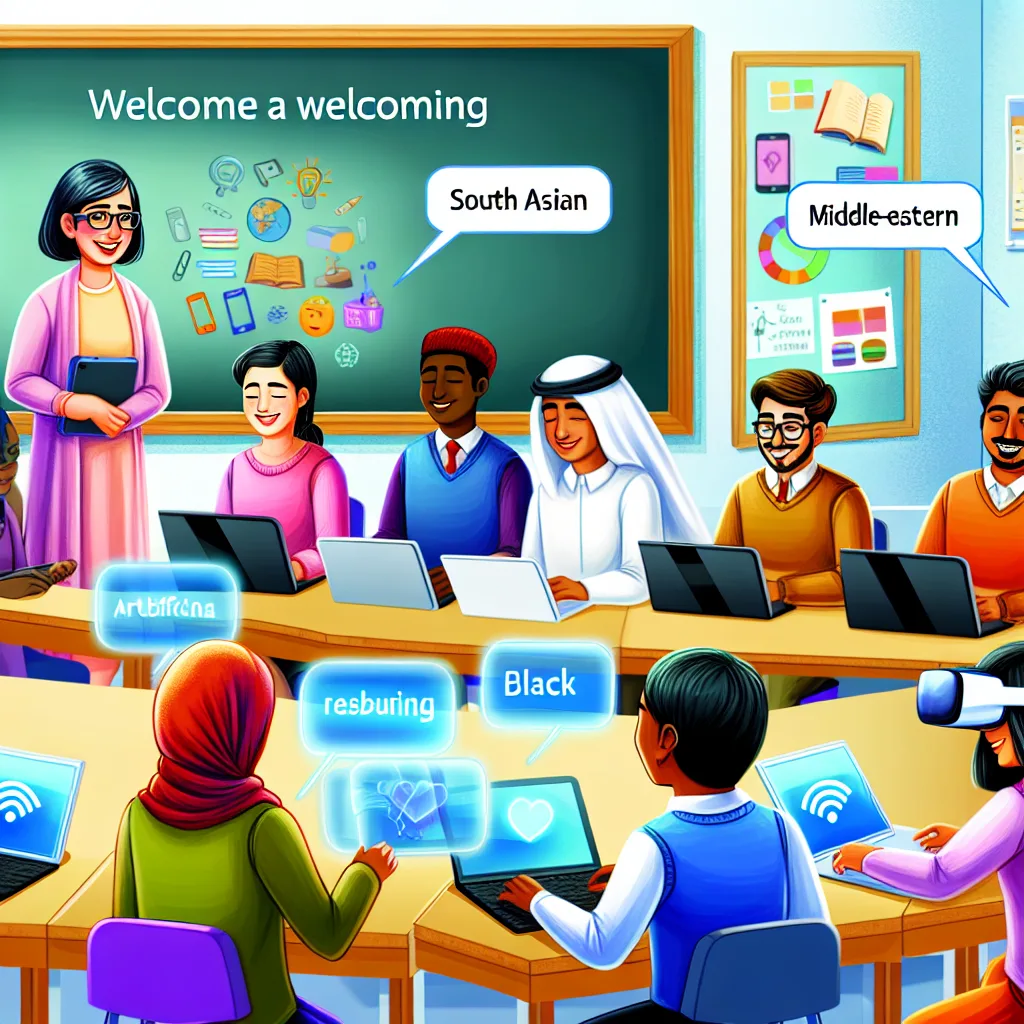Why adaptability, critical thinking, and digital literacy must take center stage in modern learning
When we think about education systems today, it’s clear they need to evolve—especially as artificial intelligence reshapes the job market and economy. The truth is, teaching kids to memorize facts won’t cut it anymore. Instead, education systems must shift toward emphasizing critical thinking, adaptability, and digital literacy. These skills are essential to navigate an uncertain future where many jobs haven’t even been invented yet.
Why Education Systems Must Adapt
The rapid rise of AI and automation means that routine jobs are changing or disappearing at a fast pace. So how do we prepare students for this? The key is to focus on how to learn rather than what to learn. If students know how to adapt, analyze, and collaborate, they’ll be better equipped to adjust as the job market evolves.
Traditional schooling often focuses on rote memorization, which has its place but doesn’t encourage flexibility or creative problem-solving. Imagine trying to fill a bucket with water that’s constantly changing shape. Instead, education should teach students to pick up the bucket, assess the situation, and figure out the best way forward.
Prioritizing Critical Thinking and Digital Skills
Critical thinking helps students evaluate information rather than just absorb it. It encourages asking tough questions and considering multiple perspectives. With the flood of data we deal with daily, this skill is crucial.
Digital literacy is another must-have for today’s world—not just basic computer use, but understanding how technology works and impacts our lives. This kind of fluency allows students to not only use tools but also assess their benefits and risks wisely.
Some schools are already integrating coding, data analysis, and media literacy into their classes, which is a great start. These skills foster creativity and problem-solving, laying a foundation for lifelong learning.
Adaptability: The Most Valuable Skill of All
Beyond specific skills, adaptability is central. The future workforce will need to pivot quickly and embrace new technologies and career paths as they emerge.
Teaching students resilience and a growth mindset can empower them to face change without fear. Activities that encourage teamwork, project-based learning, and real-world problem solving help build this adaptability.
What Can We Do Now?
Change isn’t easy, but steps toward better education systems can start today:
- Emphasize learning how to learn: Encourage curiosity and self-directed learning.
- Update curriculums: Incorporate digital literacy, coding, and critical thinking exercises.
- Train teachers: Equip educators with tools and methods to teach adaptive skills.
- Foster collaboration: Create environments where students learn from each other and solve problems together.
It’s also helpful to look at resources from organizations like The World Economic Forum and Edutopia which share insightful ideas on education reform.
Looking Ahead
Education systems that embrace these changes won’t just prepare students for jobs—they’ll prepare them for life in a world that’s constantly shifting. The secret lies in teaching them how to think, adapt, and use technology thoughtfully.
So next time you think about schools and learning, remember: It’s not just what we teach but how we teach that will shape the future.
If you want to dive deeper into this topic, these articles provide great perspectives:
– How to Prepare Students for the Future of Work (Harvard Business Review)
– The Importance of Critical Thinking in Education (PBS)
By focusing on critical thinking, adaptability, and digital literacy, education systems can truly equip the next generation for whatever’s next. And that’s a future worth investing in!
